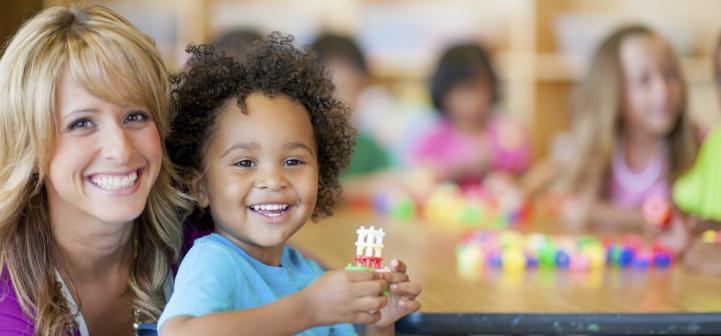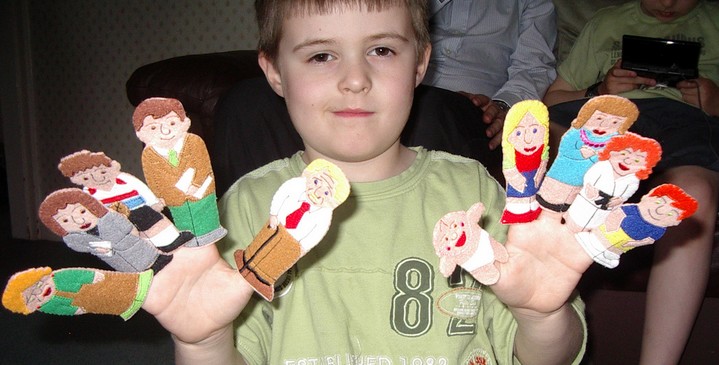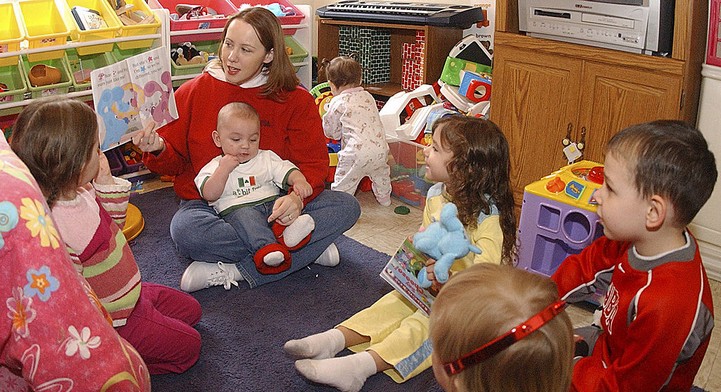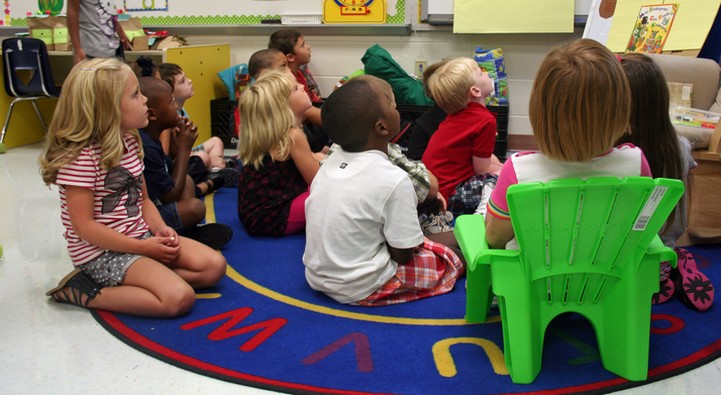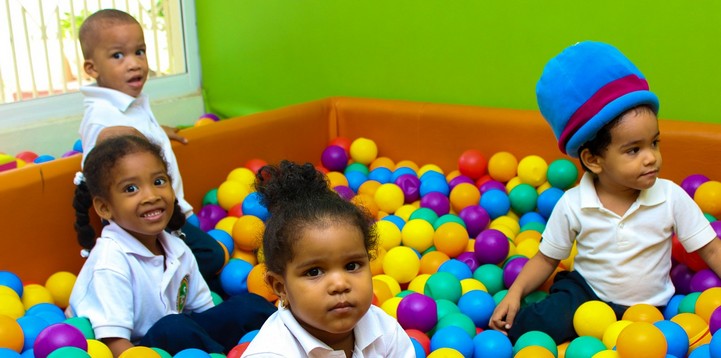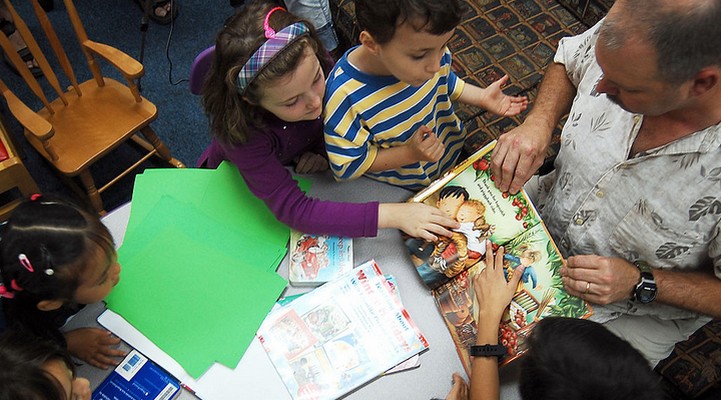
Children’s books are such a great way to help children deal with change – and military life certainly has plenty of that! Here are some books that can help young children deal with different changes that may occur in their families. The books in bold have a specific military theme and include characters in military families. Others are recommended because of how well they deal with emotions from a child’s perspective. Even though the situation doesn’t involve a military element, …
